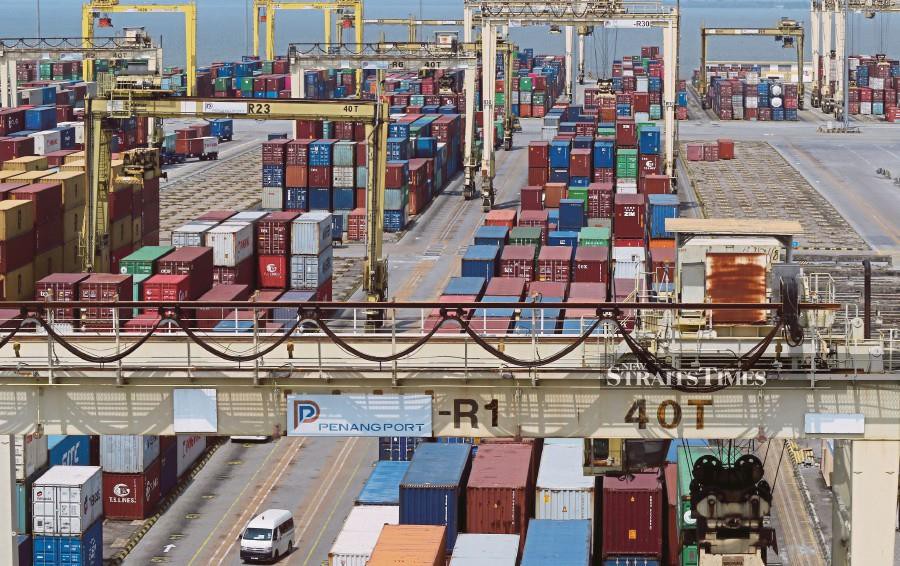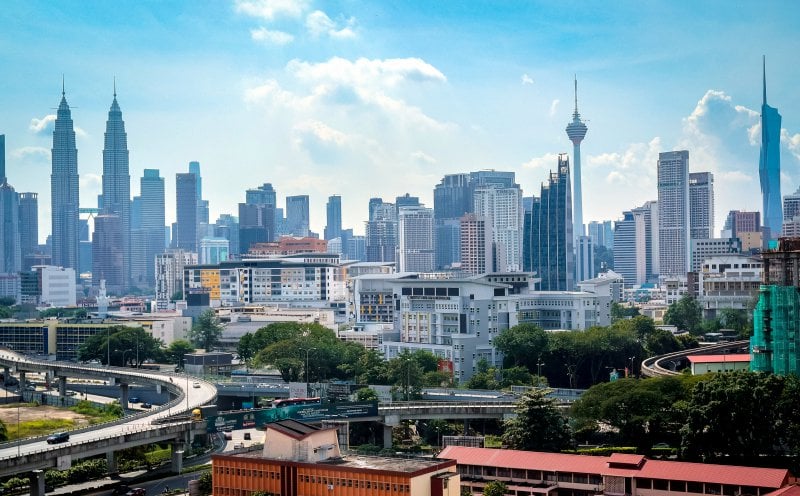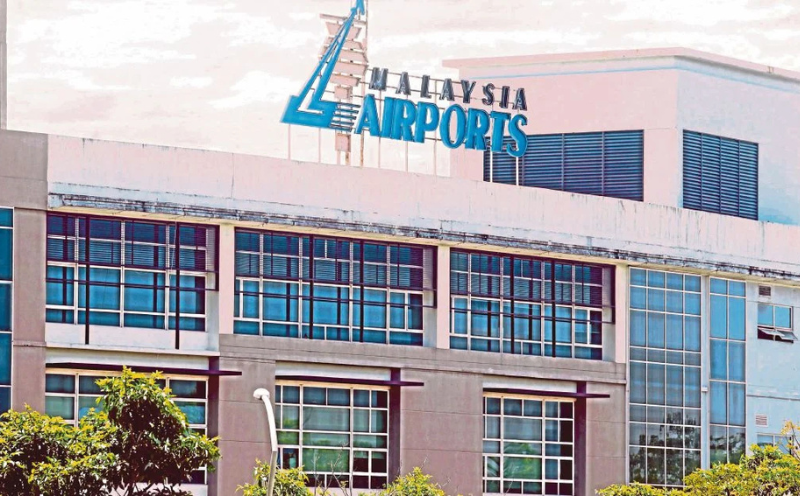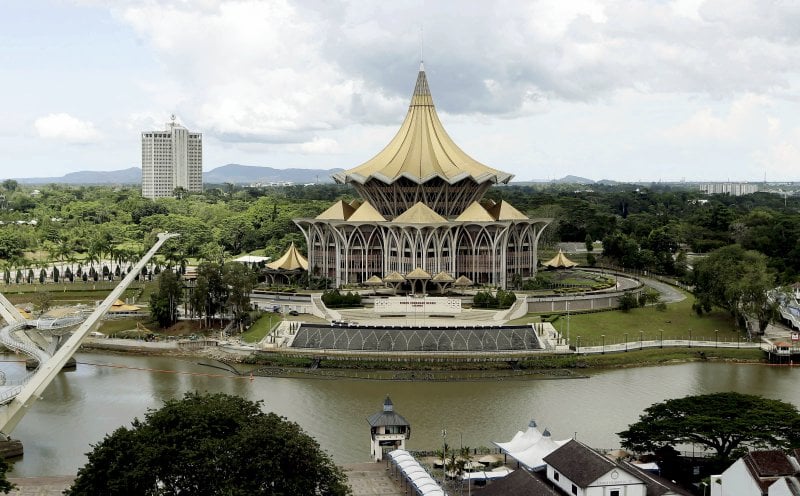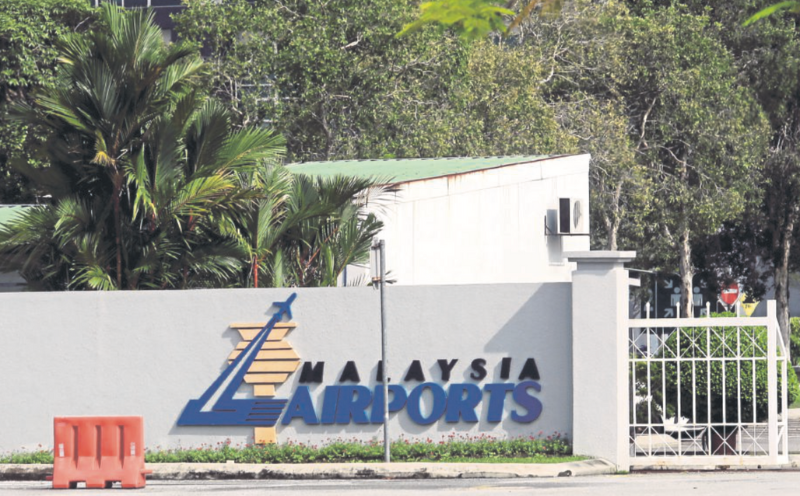Through tariffs, quotas and issue-specific clauses, free trade agreements (FTAs) encourage the parties involved to comply with conditions in the interest of long-term cooperation.
Such agreements have gone beyond commercial interests and have a role to play in human rights and environmental issues.
Trade agreements can incentivise cooperation or compliance with labour and human rights, for example, affecting not just businesses or policymakers, but the millions of workers and consumers linked to production and supply chains.
In the European Union and United States, new FTAs have seen an increase in required human rights and democracy commitments.
Recent years have also seen a welcome push in incorporating environmental concerns into such treaties, but more effort needs to be made to ensure compliance at all points of the supply chain for a sustainable future.
The Covid-19 pandemic and the twin biodiversity and climate crises put a spotlight on the need for businesses to address sustainability issues, and countries are placing increased focus on cooperation with the sustainability clauses in trade treaties.
There is obviously still room for improvement. Last year, the US Customs and Border Protection banned the imports of palm oil products from a large plantation company on suspicion of forced labour in its manufacturing process.
The government was quick to respond, with the Plantation Industries and Commodities Ministry giving an assurance that "it was ready to consider appropriate action to address the issue".
The past year saw a series of blows delivered to Malaysia's manufacturing sector, as human rights violations and forced labour allegations surfaced during the Covid-19 pandemic.
Lax regulation and non-compliance throughout the supply chain have resulted in no-buy orders and other backlashes from the international community, and actions in response to these allegations have fallen short.
No longer can local businesses overlook the power of trade and investment agreements. The new provisions on human rights, the environment and sustainable development incorporated into FTAs globally will have an impact greater than ever, and Malaysian businesses need to step up.
The Business Council on Sustainable Development, Malaysia (BCSD My) is committed to creating a sustainable future for business, society and the environment.
As the Malaysian partner of the World Business Council for Sustainable Development (WBCSD), we strive alongside fellow members to make more sustainable businesses more successful.
At the same time, as part of our Vision 2050, we want to drive the transformation of systems to create a world where the anticipated 9.5 billion people on Earth by 2050 can live well within our planetary boundaries.
Last week, BCSD My, together with the Raoul Wallenberg Institute of Human Rights and Humanitarian Law from Sweden, convened a webinar on The Role of Free Trade Agreements in
Promoting Sustainable Business and Human Rights, part of programmes in our Business for Human Rights and the Environment platform.
Among the conclusions include a need for more concrete steps by Malaysian businesses to be proactive in human rights due diligence and not wait to act until faced with foreign backlash or penalties imposed by FTA clauses.
Interesting points brought up during the panel discussion include the readiness of Malaysian businesses to adopt sustainable approaches in line with the stipulations of FTAs, as well as how to tackle challenges in assessing supply chains for due diligence purposes.
A key highlight was the clear action points presented by speakers, including recommendations on what businesses can already act upon in the interest of sustainable development, and the importance of educating local businesses on the latest FTAs.
More dialogue and cooperation are needed on human rights and sustainability issues.
And FTAs can help raise awareness and underline the importance of businesses taking concrete steps to reform their supply chains as required.
It is high time we re-examine the local supply chain governance in the context of human rights and the environment to align local business commitments with those at the international level.
While there is much room for improvement, the outlook is optimistic as local and international efforts are growing to educate, enlighten and empower businesses in the interest of responsible and sustainable development.
The writer is ambassador and science adviser to the Campaign for Nature, chairman of BCSD Malaysia and a member of the board of trustees of Amanah Lestari Alam



